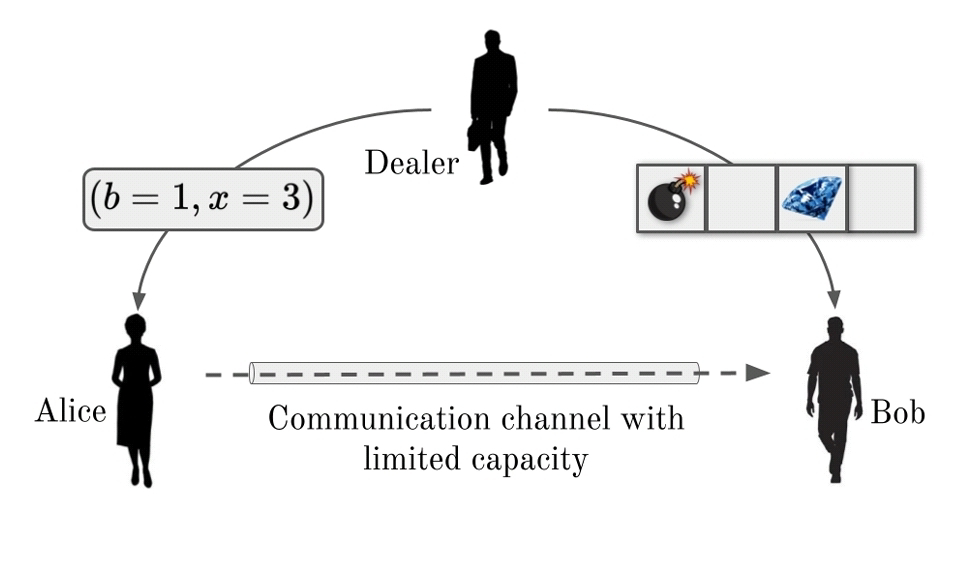<< ️Arijit Chatterjee at the Indian Institute of Science Education and Research and his colleagues theorized that a new kind of quantum motion, in which a particle follows two distinct sets of movement instructions simultaneously, (..). They called this superposition of unitaries. >>
Paul Arnold. Experimental proof shows quantum world is even stranger than previously thought. Phys.org. Nov 25, 2025.
Arijit Chatterjee, H.S. Karthik, T.S. Mahesh, A.R. Usha Devi. Enhanced non-macrorealism: Extreme violations of Leggett-Garg inequalities for a system evolving under superposition of
unitaries. arXiv: 2411.02301v1 [quant-ph]. Nov 4, 2024. https://arxiv.org/abs/2411.02301. Phys. Rev. Lett. 135, 220202. Nov 24, 2025. https://journals.aps.org/prl/abstract/10.1103/vydp-9qqq
Keywords: qubit, quantum systems & decoherence, quantum-to-classical transition.
